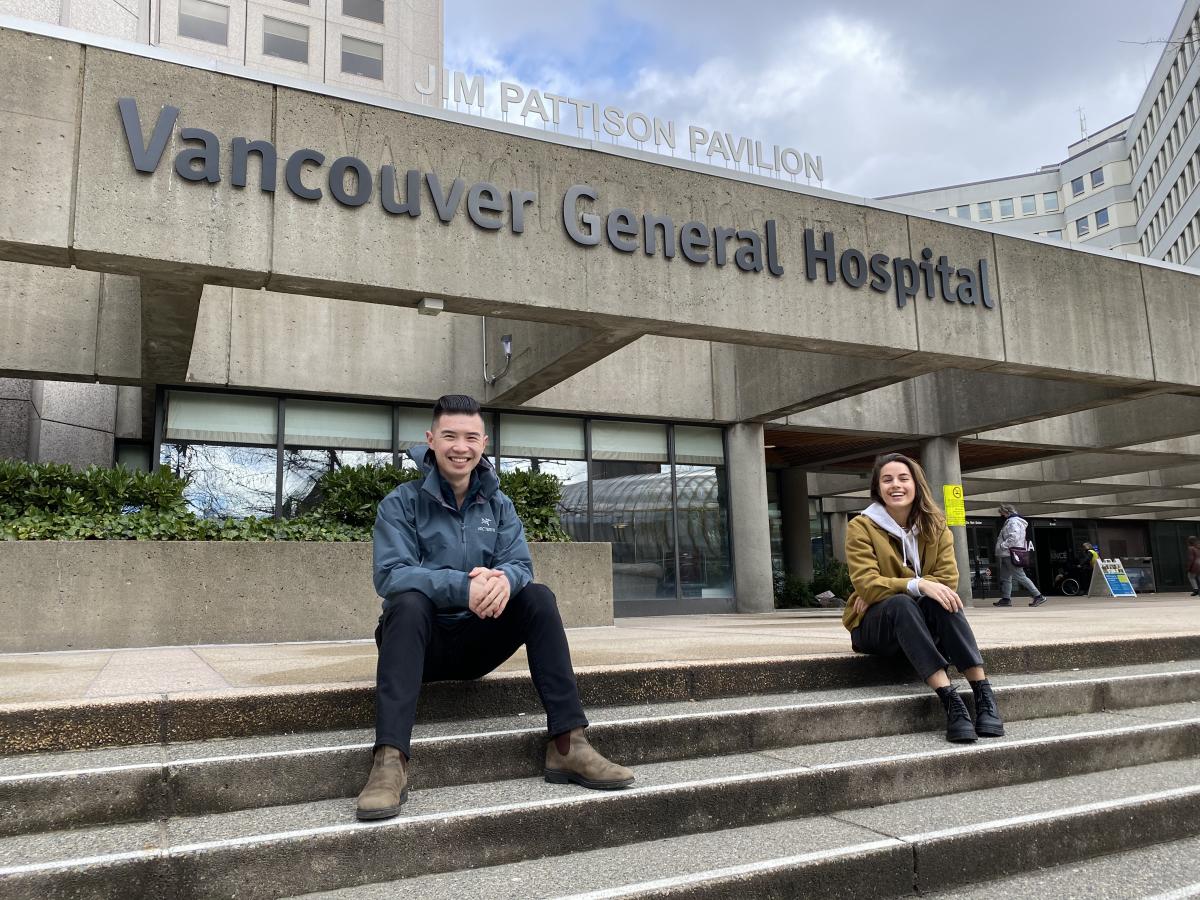
The Wellness Initiative Network (WIN) is the central hub for wellness-related initiatives and clubs at the University of British Columbia (UBC) Faculty of Medicine. It advocates for policy and systemic change to improve medical students’ wellness, resiliency and sense of community.
Topics
Psychologically safe learning Establishing a wellness mindset Self-care
In this article, Dr. Jillian Horton shares her experiences with mentorship and the impact it can have on a mentee’s career. She discusses the effectiveness of mentorship, how to initiate a mentorship, the barriers for women in securing mentorships and her top mentoring tips.
Topics
Mentorship in health care Psychologically safe learning Establishing a wellness mindset Relationships
In this article, the authors describe the prevalence of the “hidden curriculum” and the personal experiences they and others have had while in medical school. Their stories include experiences related to race, gender and wealth differences.
Topics
Psychologically safe learning Equity and diversity in medicine Policies, standards and best practices
In this article, medical student Sehr Kahn from the Medical College of Wisconsin explains how they bounced back after failure in medical school. Kahn shares the experience of failing the first round of block exams and the effect of imposter syndrome. They note that the most important thing they learned is that you cannot address your failures alone.
Topics
In this article, Dr. Levine highlights Haidet and Stein’s paper on the role of the student-teacher relationship and how educators can inadvertently model undesirable behaviours and attitudes to students. Dr. Levine notes that these behaviours and attitudes can have negative effects on students’ future behaviours and interactions with patients.
Topics
Mentorship in health care Relationships Psychologically safe learning
This article assesses the effectiveness of role models in teaching residents and medical learners positive professional values, attitudes and behaviours. The authors summarize the qualities medical learners and residents should look for in roles models and the positive outcomes that come from developing such relationships.
Topics
Mentorship in health care Relationships Psychologically safe learning
This article highlights the American Medical Association’s Medical Education Innovation Challenge. It presents the teams’ proposals to create an environment where physicians are more adequately equipped to care for themselves and thus better able to serve their patients.
Topics
This episode of the American Medical Association’s Making the Rounds podcast features Dr. John P. Fogarty, dean of the Florida State University College of Medicine. Dr. Fogarty shares how a medical student suicide led to greater efforts to create a wellness-promoting culture.
Topics
Psychologically safe learning Establishing a wellness mindset Organizational wellness
This web page from Resident Doctors of Canada’s offers links to policies on behaviour and harassment, along with related resources from medical faculties in Canada.
Topics
Psychologically safe learning Policies, standards and best practices
This video from Resident Doctors of Canada features Dr. Albert Wu, an international expert on negative outcomes. He shares his expertise on debriefing with physicians after negative outcomes.
Topics
Psychologically safe learning Policies, standards and best practices
Fostering self-determination, motivation and resilience can play a major role in learning environments that support the well-being of medical students. This research paper examines the needs of medical students through the lens of self-determination theory to foster supportive learning environments.
Topics
Psychologically safe learning Establishing a wellness mindset Relationships Resilience
Addressing the culture of medicine to create a culture of wellness begins with eliminating negating/diminishing language and promoting pro-wellness language. This infographic by Resident Doctors of Canada provides examples of how pro-wellness language helps medical students and professionals feel supported and thankful, and creates a sense of solidarity.
Topics
Establishing a wellness mindset Psychologically safe learning
